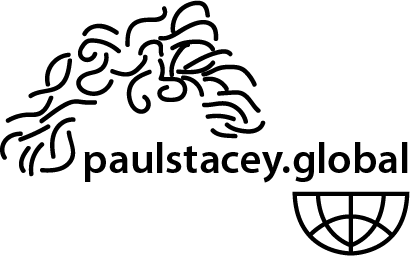Policy Recommendations for Canada’s AI Act
After writing AI From An Open Perspective I became interested in the status of AI regulation in Canada, where I live. I learned that a Parliamentary Caucus on Emerging Technologies made up of a cross-partisan working group of Canadian Parliamentarians has been convened in response to the rapidly changing technology landscape that presents both opportunities and challenges for Canada. As it notes on their web site:
“The Caucus has been formed in recognition of the fact that in many cases, emerging technologies change and are deployed faster than the speed of government, sometimes to the detriment of economic growth and public health and safety.
The Caucus aims to function as a nimble forum to link Parliamentarians with a broad range of stakeholders engaged in relevant fields (e.g. artificial intelligence, web3 and blockchain technologies, etc) in order to educate, and where possible, build consensus on principles related to the role of government in these areas in order to see positive outcomes for Canadians.”
I learned that the caucus would be spending the summer getting up to speed on AI so I reached out to one of the co-chairs, the Honourable Michelle Rempel Garner, PC, MP inviting caucus members to read AI From An Open Perspective as part of their summer reading.
Some weeks later I heard back from Michelle’s policy advisor who thanked me for my email, shared with me the Parliamentary Caucus September 2023 report, and invited me to connect for further discussion via a phone call. We had a great conversation and a few days later I received an invitation to submit a written brief to Parliament’s Standing Committee on Industry and Technology which had just begun its examination of Bill C-27 which includes the draft Artificial Intelligence and Data Act (AIDA). I promised to submit a written brief after attending the Creative Commons Global Summit on AI and the Commons in Mexico City, October 2-6, 2023.
The Summit contributed significantly to further motivating me to submit a brief and helped generate clarity and substance for what my briefing should say. I submitted a briefing note on October 24, 2023 with five recommendations:
Revise the AI and Data Act based on principles that protect the rights of creators, people building on the commons, and society’s interests in sustaining the commons.
Encourage use of open as a means of establishing AI ethical and responsible values, ensuring transparency, creating public good, stimulating AI innovation, mitigating risk, and generating new business models.
Invest in AI open infrastructure to ensure public utility, support of research, and small to medium enterprise innovation.
Consider a social contract requiring any commercial deployment of generative AI systems trained on large amounts of publicly available content to pay a levy.
Create an AI Constitution that lays out the values and ethics Canada seeks to ensure are part of responsible AI development and use. And establish an AI International Governing Body to ensure national regulations are harmonized and work collaboratively with other nations to reduce risks and enhance benefits.
You can read the full text of my briefing note here. It is currently being translated into French, shared with members of the committee, and posted to the committee’s website.
This is the first time I’ve ever submitted recommendations on draft legislation. I encourage any of you who are similarly interested to do so. It feels empowering to proactively try and shape the future of AI in this way.
Special thanks to OpenFuture for all they’ve been doing in the area of open and AI. Many of my recommendations are directly based on their work.

